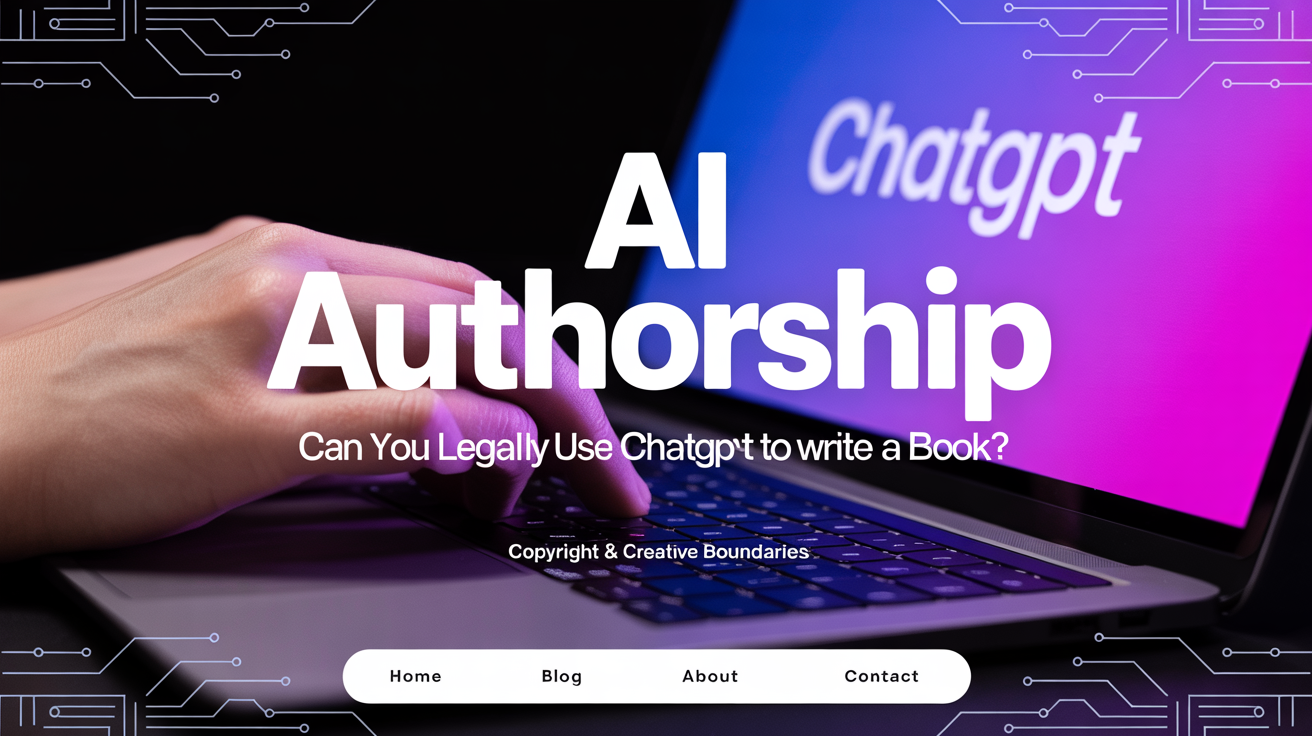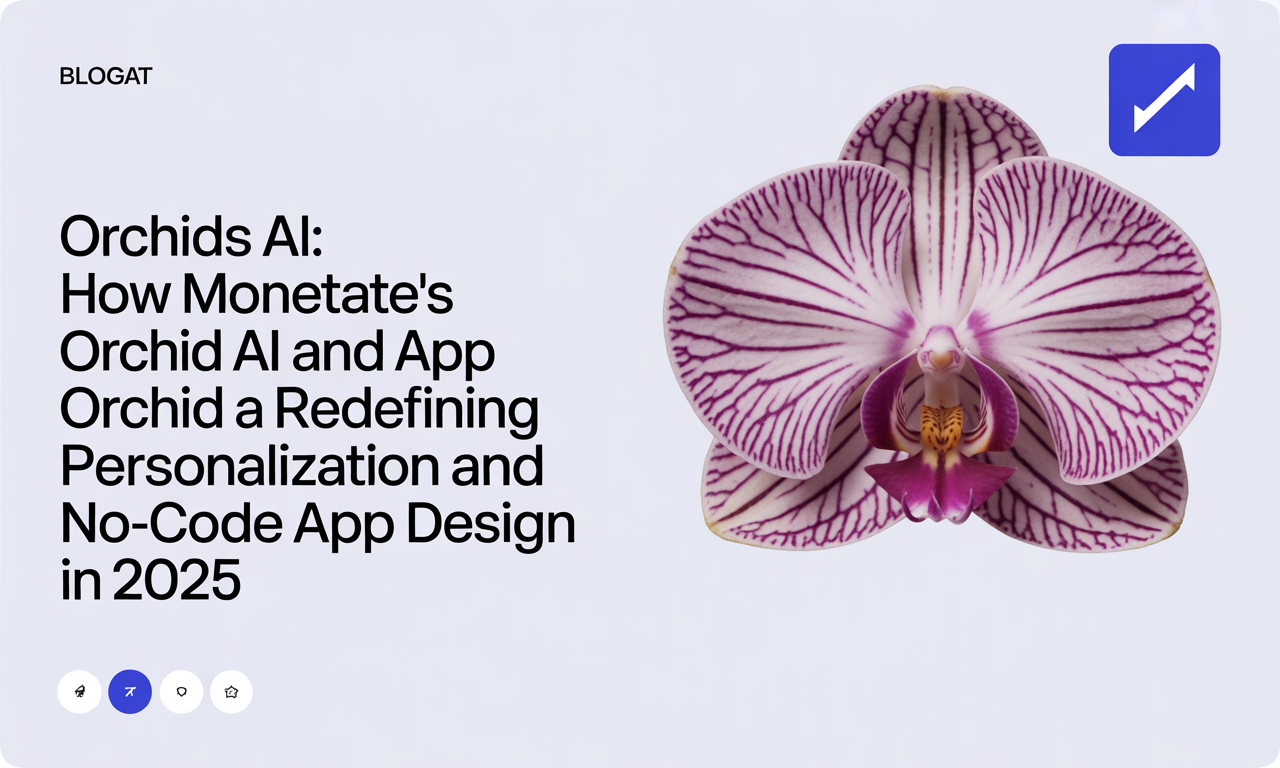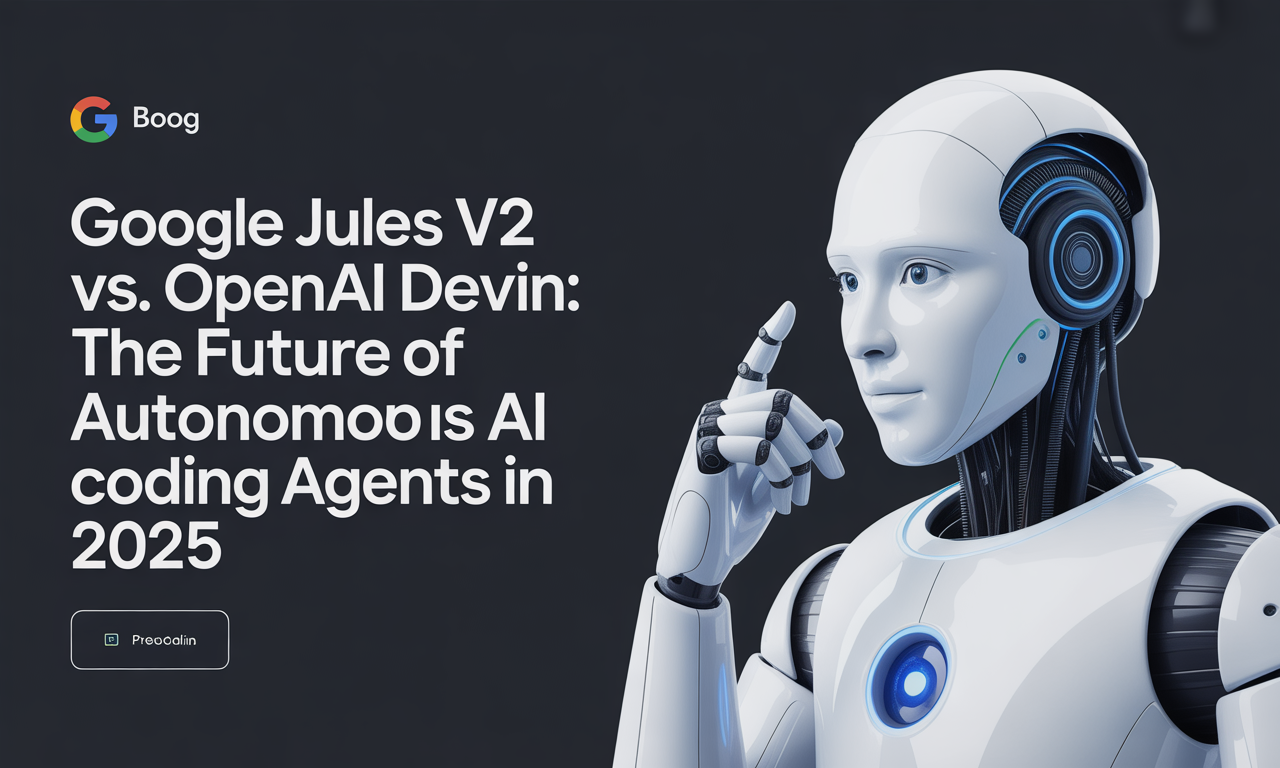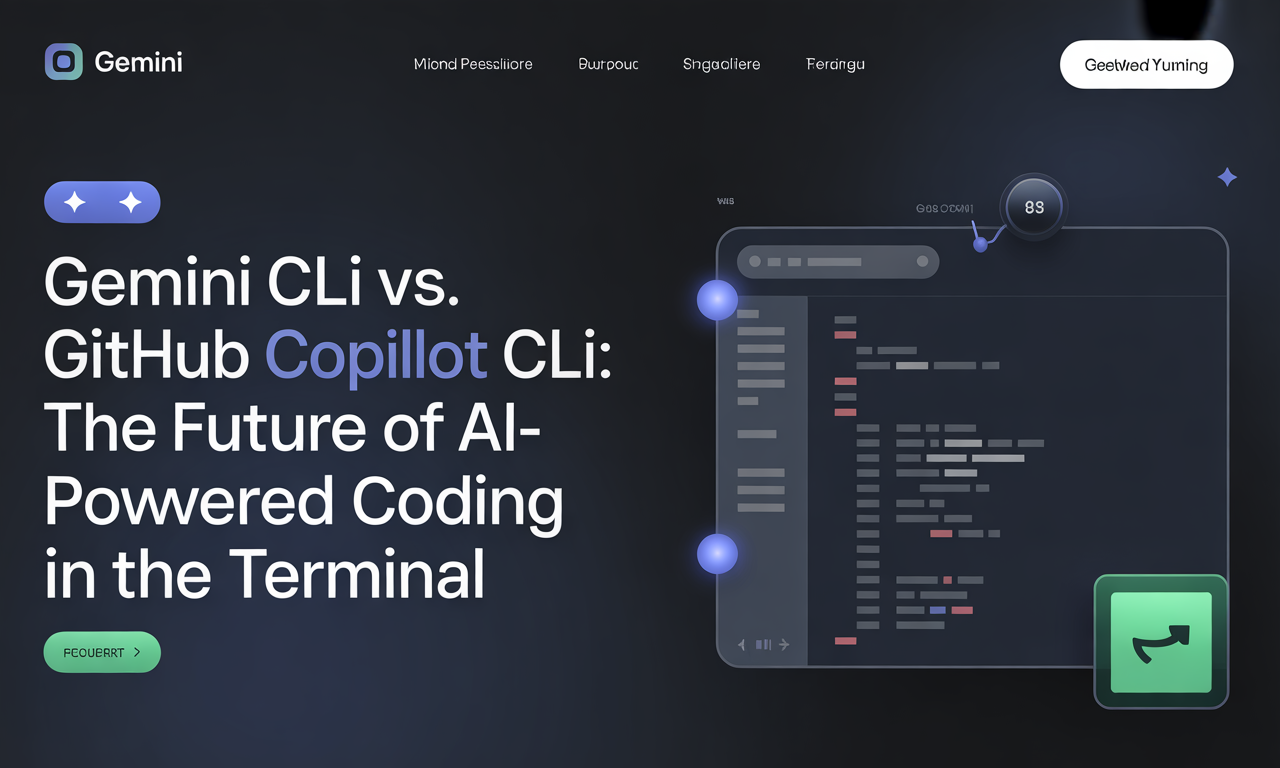Can You Legally Use ChatGPT to Write a Book?
The rise of advanced language models has transformed the way we create content. One question that frequently arises among aspiring authors and content creators is: Can you legally use ChatGPT to write a book? Whether fiction or nonfiction, the allure of having an AI assist or even generate the bulk of a manuscript is undeniable. However, the legal landscape surrounding AI-generated content is complex and evolving.
In this blog post, we will explore the legality of using ChatGPT for book writing, dissect important copyright considerations, and offer practical advice for authors looking to navigate this new frontier confidently.
Understanding Your Rights: Ownership of ChatGPT-Generated Content
At the core of using ChatGPT to create a book is the question of ownership. According to OpenAI’s Terms of Use, users own the output they generate with ChatGPT, including text and images. This means you are legally entitled to:
- Reuse the content in any form
- Reprint excerpts or the entire text
- Publish and sell the book under your name
This ownership applies regardless of the subscription plan you use, giving you broad freedom to monetize AI-generated content.
What Does This Mean for Writers?
In practical terms, this means you can treat the text produced by ChatGPT as your own intellectual property. You can publish it on popular platforms, use it as the basis for a printed book, or even adapt it into other media formats without needing additional permissions from the AI provider.
Copyright Ownership: The Nuances and Current Legal Landscape
While you own the output generated by ChatGPT, copyright protection is a different matter. Copyright law traditionally protects works created by humans. The involvement of AI complicates this.
The U.S. Copyright Office’s Stance
The U.S. Copyright Office has historically been reluctant to grant copyright protection for works created solely by AI without human authorship. The rationale is that copyright requires a minimal degree of human creativity and originality, which purely AI-generated works may lack.
A Landmark Case: Elisa Shupe’s Copyright Registration
In January 2025, a notable exception emerged. Elisa Shupe successfully obtained copyright registration for a book created with assistance from ChatGPT. She argued that the AI served as an assistive tool due to her disabilities, and the copyright was granted for her arrangement and selection of the AI-generated text, not the AI-generated content itself.
This case highlights a key point:
- Human involvement and editorial decisions are crucial for copyright protection.
- Simply accepting AI-generated text without modification may not qualify for copyright.
Key Takeaway
If you use ChatGPT as a tool—curating, editing, and adding original input—you strengthen your claim to copyright protection. The more you shape and personalize the content, the more defensible your authorship becomes.
Potential Risks: Copyright Infringement and Plagiarism Concerns
ChatGPT’s training involves ingesting vast amounts of internet data, including copyrighted material. Though designed to generate original text, there remains a risk that its output could inadvertently mimic existing works.
What Should Authors Be Aware Of?
- Unintentional Similarities: AI might produce text that closely resembles copyrighted content.
- Legal Challenges: If the generated text is too similar to a copyrighted work, you could face claims of infringement.
- Due Diligence: It is important to review and revise AI-generated content to minimize such risks.
How to Mitigate Copyright Risks
- Run plagiarism checks on AI-generated manuscripts.
- Edit and rewrite sections that seem derivative or overly familiar.
- Avoid using AI-generated text verbatim without adding your unique voice or insights.
By taking these precautions, you reduce the likelihood of legal complications related to copyright infringement.
Transparency and Disclosure: Ethical and Practical Considerations
The use of AI in content creation is a hot topic among regulators, publishers, and readers. While not currently mandatory, disclosing your use of AI tools when writing a book is increasingly recommended.
Why Be Transparent?
- Builds trust with your audience.
- Prepares readers for evolving norms around AI-created content.
- May become a legal requirement as regulations develop.
What Are the Current Trends?
Some publishers and platforms are adopting policies that require authors to disclose AI assistance. Being proactive helps you stay ahead of potential changes.
Originality and Reputation: Beyond Legalities
Even if legal, using AI to write your book may affect how your work is perceived.
Consider Your Audience
- Some readers value traditional authorship and creativity.
- Others may embrace AI-assisted works as innovative.
- Transparency about your process can influence reception positively.
Building Your Author Brand
If originality and personal expression are central to your brand, consider how much AI involvement aligns with your goals. Alternatively, you can position AI as a tool that enhances your creative process rather than replaces it.
Practical Tips for Using ChatGPT to Write Your Book Legally and Ethically
To maximize the benefits and minimize risks, follow these actionable guidelines:
-
Use ChatGPT as an assistant, not an autopilot
Generate drafts or ideas, then revise extensively to add your voice and creativity. -
Maintain records of your editing and input
This documentation helps establish your role in shaping the final work. -
Run plagiarism detection software before publishing.
-
Consider registering your copyright once the work is sufficiently human-authored.
-
Disclose your use of AI tools transparently when appropriate.
-
Stay informed about evolving laws and platform policies related to AI-generated content.
Conclusion
Can you legally use ChatGPT to write a book? The answer is yes. You own the output generated by ChatGPT and can publish or sell it under your name. However, the legal landscape surrounding copyright ownership of AI-generated content is nuanced and evolving.
To protect your work and reputation, focus on:
- Incorporating meaningful human creativity and editorial input
- Reviewing content carefully to avoid copyright infringement
- Being transparent about the use of AI tools
By navigating these factors thoughtfully, you can harness the power of ChatGPT to write compelling books while staying on the right side of the law and ethical considerations. The future of authorship is changing — and with the right approach, you can be at the forefront of this exciting new era.
Ready to create stunning, high-quality ebooks faster than ever? 🚀 BookBlitz AI Ebook Generator harnesses the power of the latest AI technology—featuring OpenAI’s GPT-4.1 for text generation and Ideogram v3 Turbo for eye-catching, professional book covers.
Generate ebooks in any language, perfectly tailored with genre, audience, and style suggestions. Plus, unlock the Topic Generator—instantly generate 200 bestselling book titles in the top 10 profitable subniches for your chosen topic.
Join thousands of authors and creators who trust BookBlitzAI to simplify ebook publishing and boost their success.
Start your free trial now and turn your ideas into profits today! 👉 Explore BookBlitzAI.com
Your next bestseller is just a click away.



